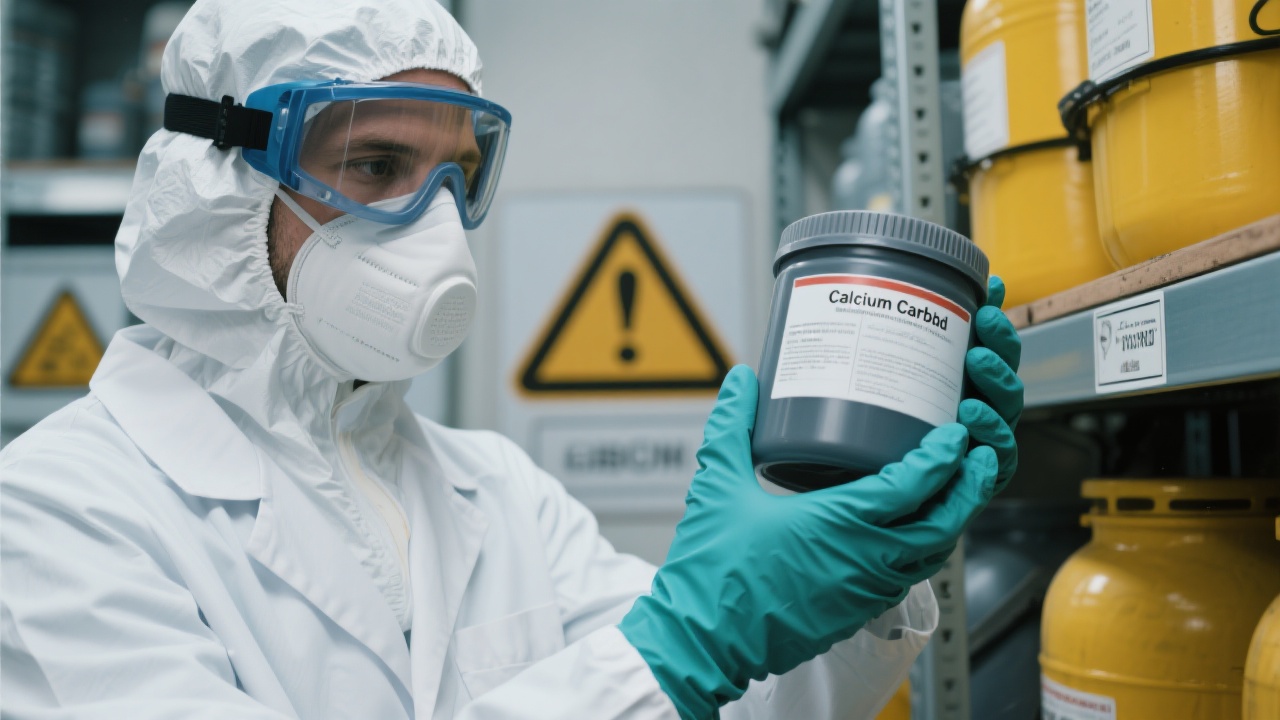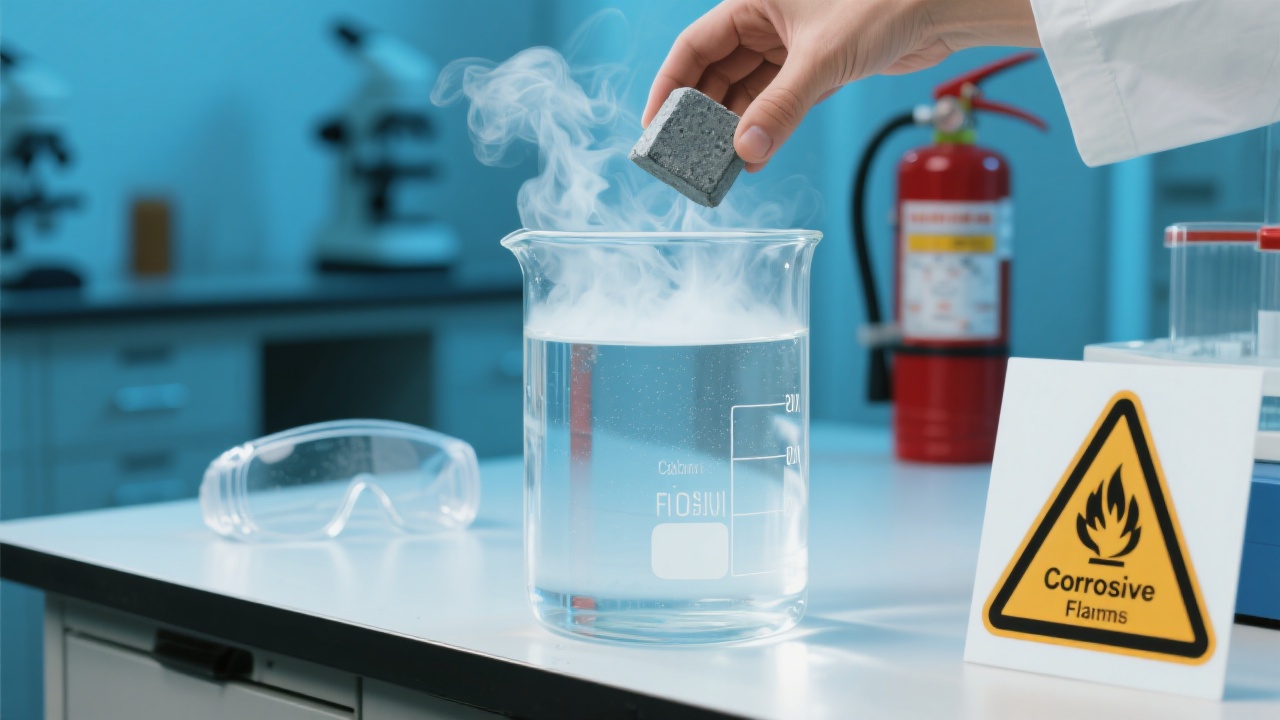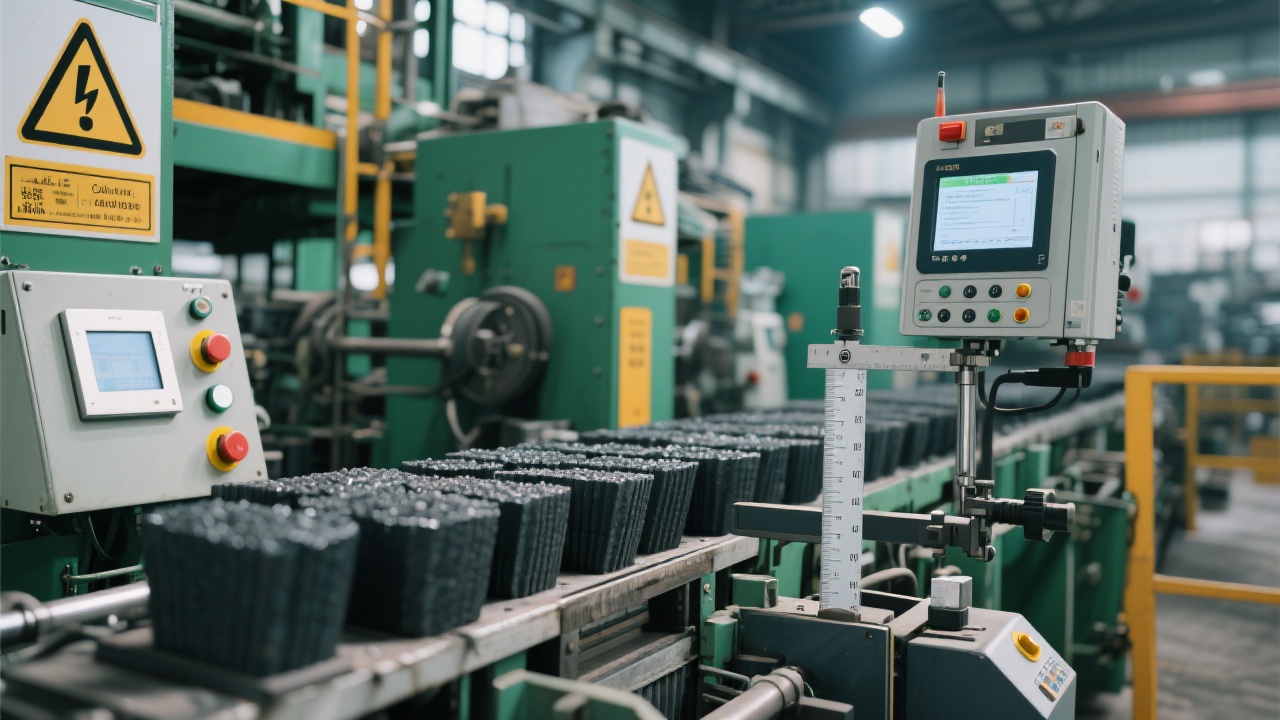
In the long - standing exploration of the global industrial landscape, calcium carbide has emerged as a cornerstone in multiple sectors such as the chemical, metallurgical, and pharmaceutical industries. Its chemical reaction with water to produce acetylene is a fundamental process that drives a multitude of industrial applications. Understanding this reaction and its associated safety measures is not just a matter of knowledge but a necessity for safe and efficient production.

In the chemical industry, calcium carbide serves as a crucial raw material for synthesizing a wide range of organic compounds. For example, acetylene produced from calcium carbide is used in the production of plastics, rubber, and solvents. In the metallurgical industry, it is used as a desulfurizing agent in steel - making, improving the quality of steel products. In the pharmaceutical industry, the compounds derived from calcium carbide reactions play a role in the synthesis of certain drugs.
When it comes to using calcium carbide, safety should always be the top priority. First and foremost, any source of water must be strictly prohibited at the calcium carbide use site. Even a small amount of water can trigger an immediate reaction with calcium carbide, generating acetylene gas. This reaction is highly exothermic, which means it releases a large amount of heat. If the heat is not properly controlled, it can lead to dangerous situations.
Workers should always wear appropriate personal protective equipment (PPE), including safety goggles, gloves, and protective clothing. These can protect them from potential splashes and the heat generated during the reaction. Additionally, controlling the reaction temperature is essential. High - temperature environments can accelerate the reaction rate, increasing the risk of over - pressurization and explosion.

One of the most significant risks associated with calcium carbide is the presence of phosphorus - containing impurities. These impurities can react with water to produce phosphine gas, which is highly flammable and can cause explosions when mixed with air. Therefore, using high - quality calcium carbide is crucial. For instance, the calcium carbide products from Inner Mongolia Longwei Chemical Technology Co., Ltd. are known for their high purity. Each batch of their products undergoes strict quality inspections, ensuring that the content of phosphorus - containing impurities is extremely low. This high - purity characteristic guarantees stable production and significantly reduces the risk of explosion.
Let's look at two real - world cases to illustrate the importance of safety and high - quality calcium carbide. In a chemical plant in a certain region, due to improper storage, calcium carbide came into contact with water. The resulting reaction was so intense that it caused an explosion, leading to serious damage to the plant and injuries to several workers. On the other hand, a pharmaceutical company that uses Inner Mongolia Longwei's high - purity calcium carbide has maintained a safe and efficient production environment for years. Their production process is stable, and they have never encountered any safety incidents related to calcium carbide reactions.

To sum up, the key safety operation points for calcium carbide use include keeping it away from water, wearing PPE, and controlling the reaction temperature. Choosing high - quality calcium carbide is also essential to reduce the risk of explosion caused by impurities. Inner Mongolia Longwei Chemical's calcium carbide products, with their high purity and strict quality control, provide a reliable solution for industries around the world. Their products ensure stable production and minimize safety risks, making them an ideal choice for businesses in the chemical, metallurgical, and pharmaceutical sectors.
If you are looking for a reliable calcium carbide supplier to ensure the safety and efficiency of your production, click here to learn more about Inner Mongolia Longwei Chemical's products.











